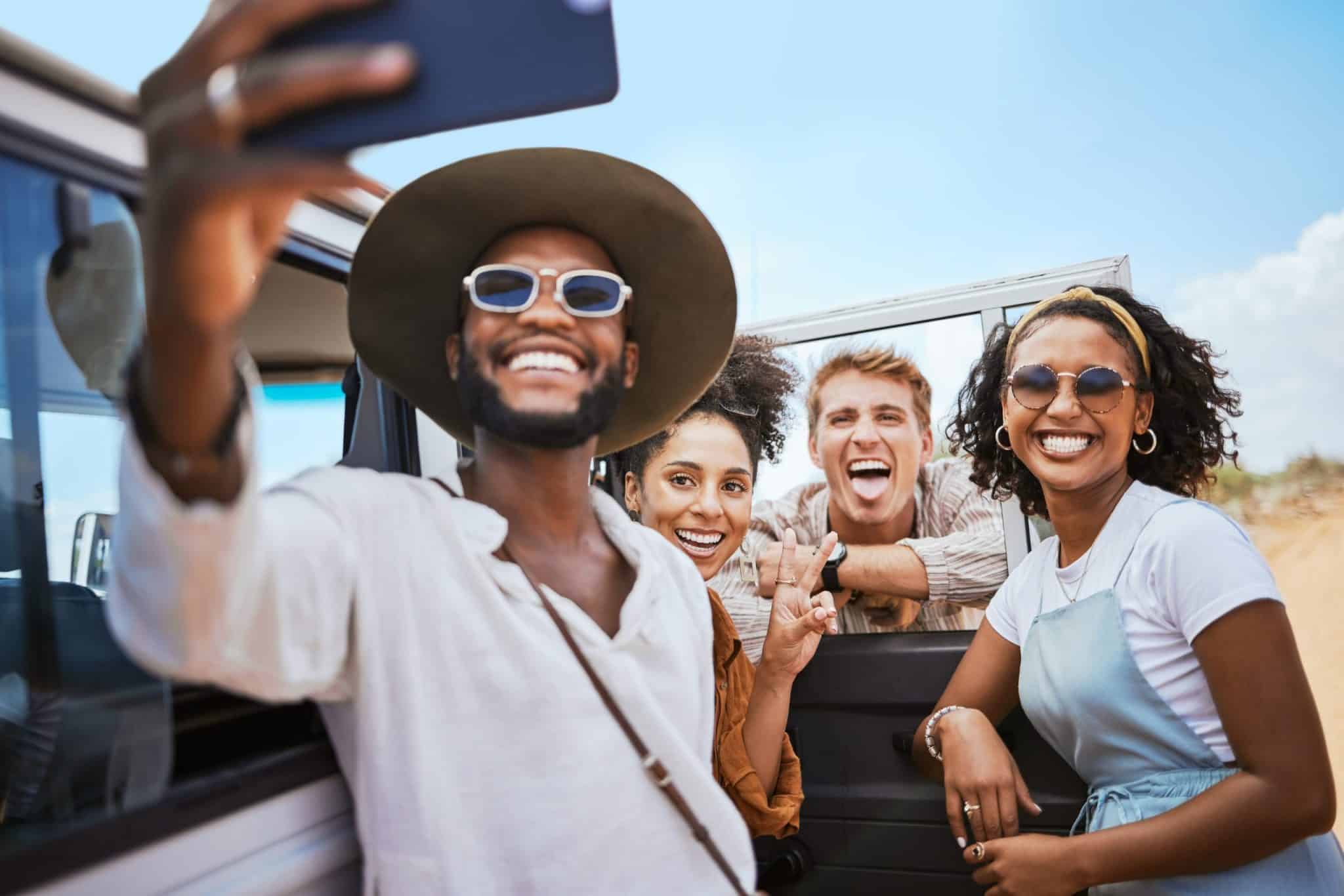The transition from material rewards to experiential ones has become a defining trend in loyalty and engagement programs, rooted in the principles of the “Experience Economy.” Coined by Pine and Gilmore in the late 1990s, this concept emphasizes the growing preference for experiences that evoke emotion and leave lasting impressions. In a marketplace oversaturated with products, experiences serve as a distinct and impactful way for brands to connect with their audiences. According to Eventbrite, 78% of millennials now prioritize spending on experiences over physical goods, a sentiment that continues to influence broader consumer behavior and reshape business strategies.
Why Experiences Matter More Than Ever
Unlike material rewards, experiences have the unique ability to forge emotional connections. They are memorable, evoke powerful feelings, and often create moments that define personal growth or joy. For brands, offering travel incentives like exclusive vacation packages, adventure retreats, or bespoke getaways opens a pathway to a deeper relationship with customers. These experiences fulfill desires for adventure, relaxation, and personal exploration—elements that discounts or physical products cannot replicate.
Travel rewards, in particular, stand out as a cornerstone of this experiential shift. For instance, luxury vacations provide more than just a reward; they allow consumers to associate a brand with a cherished memory, enhancing emotional loyalty. This deeper connection goes beyond transactional engagement, fostering a lasting relationship built on positive associations.
The Psychological Power of Experiences
From a psychological perspective, experiences resonate differently than material goods. Research published by the Harvard Business Review reveals that people derive more long-term satisfaction from experiences than physical possessions. This is because experiences are perceived as investments in happiness rather than fleeting gratifications. For brands, this equates to increased loyalty.
Programs like those offered by Delta Airlines or American Express leverage premium travel rewards to foster these connections. Whether through exclusive lounge access, bespoke travel packages, or curated experiences, these companies have seen success in elevating customer engagement by aligning their offerings with the aspirations of their audiences.
Tailoring Rewards to Create Lasting Impact
For businesses aiming to thrive in the experience economy, personalization is critical. Tailored travel rewards that align with individual preferences ensure that customers feel understood and valued. Whether it’s a cultural immersion in Bali or a serene mountain retreat, such personalized experiences leave a lasting impression that strengthens brand loyalty.
To remain competitive, companies must see travel incentives not as add-ons but as integral components of their loyalty strategies. By investing in experiences that resonate on an emotional level, businesses can transition from being seen as transactional entities to becoming trusted partners in their customers’ life journeys.
Key Takeaway: In an era where consumers value memories over materials, embracing the experience economy is no longer optional for forward-thinking brands. By integrating travel rewards into their loyalty programs, businesses can create meaningful, lasting connections that go beyond traditional incentives. The result is not only improved engagement but also a foundation of loyalty and advocacy that positions brands as leaders in an evolving marketplace.



